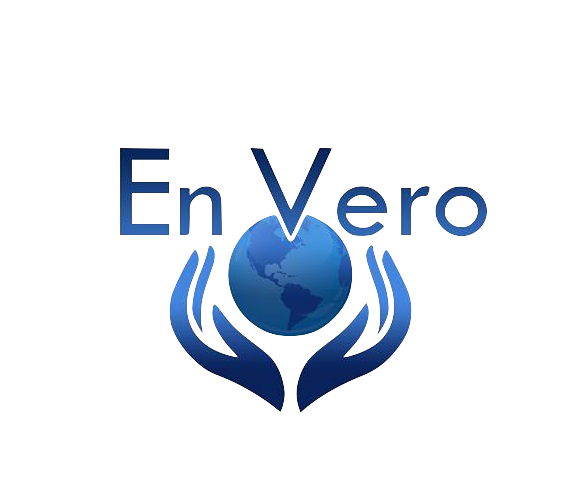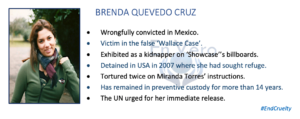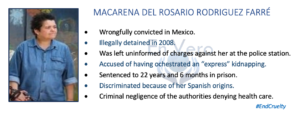Source: CBC News
July 21, 2017 (Original publication in CBC News on January 22, 2016)
Rafay and Burns: 3 innocence projects now believe men innocent
3 innocence projects, legal organizations that fight for wrongfully accused, have taken on case.
Three innocence projects have now taken up the case of West Vancouver men Atif Rafay and Sebastian Burns, who in 2004 were convicted of the 1994 slayings of Rafay’s parents and sister in their Bellevue, Washington home.
Former Vancouver teacher and writer, Ken Klonsky is director of Innocence International, founded by the late Rubin “Hurricane” Carter in 2004. He decided to take on the case after seeing a film about the case made by Burns’ sister.
“It appeared very similar, … the occurrences around both convictions had glaring similarities,” he told On The Coast host Stephen Quinn, referring to an earlier exoneration he was part of, the case of David McCallum. He spent 29 years in prison before he was exonerated for a carjacking murder he didn’t commit.
Klonsky believes that there’s not enough evidence to convict Rafay and Burns, and that the confession central to their 2004 conviction should be thrown out because it was a Mr. Big operation.
“There was no hard evidence, or forensic evidence, tying the defendants to the actual crime. For any innocence project, that’s number one on the list. Second, there were false confessions, brought about through actual or implied brutality. … So they were ready to say anything to satisfy these ‘gangsters.'”
Klonsky says there was also evidence leading to other suspects that was not followed up on and investigators developed tunnel vision on Rafay and Burns.
Klonsky says another problem Rafay and Burns faced was in the court of public opinion. They were simply not very sympathetic characters.

“The problem with Atif and Sebastian back then was they were intellectuals, and there’s a prejudice in society against young intellectuals,” he said. “I think the police felt like, ‘these guys aren’t going to outsmart us. We’re going to get ’em.’ And that’s why the RCMP was so willing to pick up the case when they came to Canada.”
Klonsky said he is confident of the pair’s innocence.
“There are maybe 65 or 70 innocence projects in the United States. Two of them took up Sebastian and Atif’s case before we did,” he said, mentioning the University of Washington’s Innocence Project Northwest and the Idaho Innocence Project.
He says one of the challenges any new trial or acquittal of Rafay and Burns faces is unearthing all of the evidence and having it tested.




